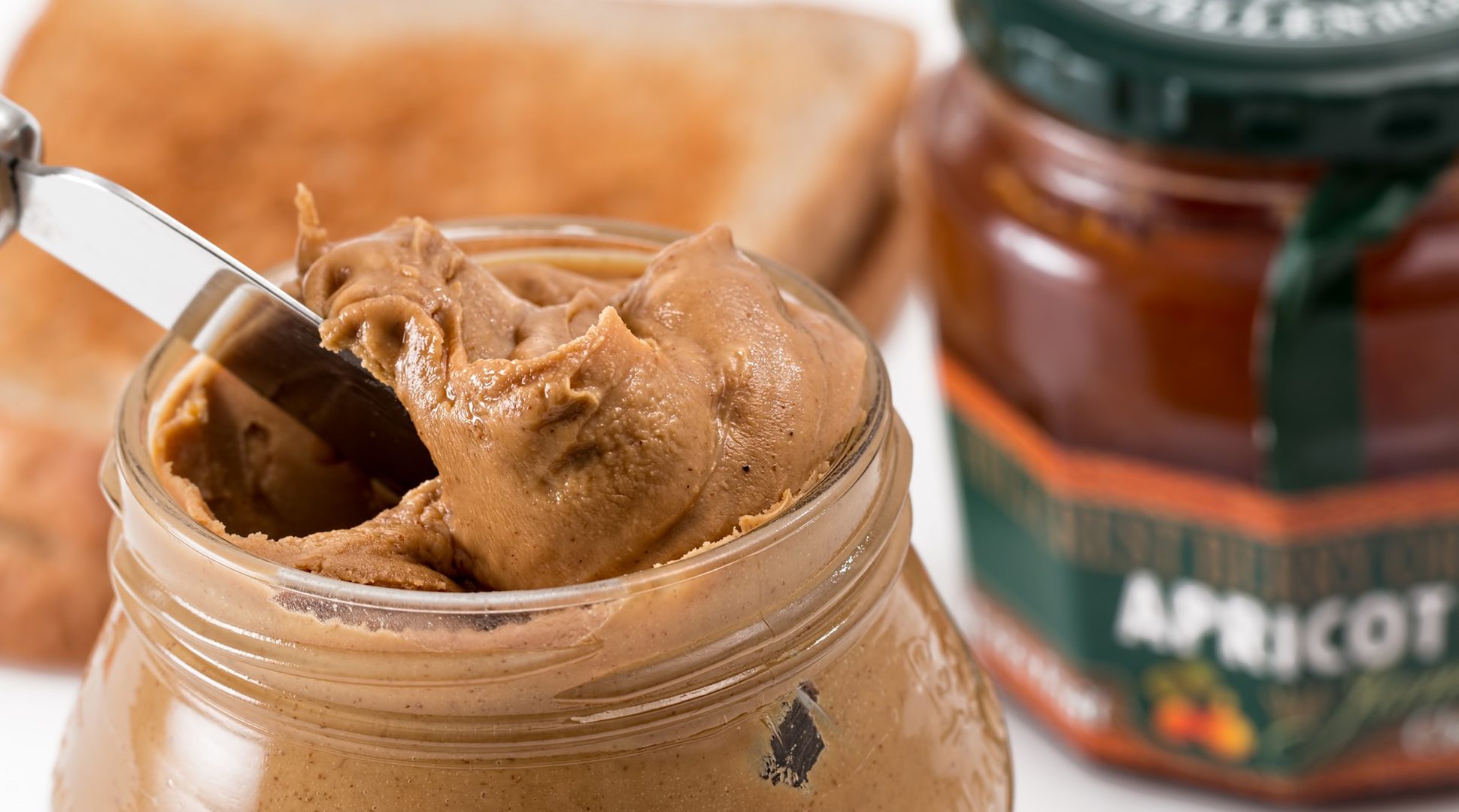photo courtesy stevepb, Pixaby
By Elizabeth Meyer, registered dietician
We’re all just trying to do our best when it comes to eating right. I really do believe that, even behind all the excuses we come up with. I believe we really do want to do our best when feeding our families, but it’s hard, right? We’re in a hurry ALL THE TIME. Going to the grocery store isn’t something most of us like to do and there’s so much nutrition information out there. How the heck do you know what to believe and what’s totally garbage?
This is especially true when it comes to protein. How much to eat? What kind? What if I don’t eat meat?
As a dietitian, I believe we can get enough protein through whole foods – without supplements such as shakes. Now there is a population that may need to supplement. I’m not in the category of being an elite athlete, and I don’t have any underlying nutrition needs requiring me to consume extra protein. Shakes work for some people, some people need to supplement their diets with them. Having a shake for breakfast is better than skipping breakfast altogether, in my opinion.
I’m a believer in eating whole foods most of the time. It’s simply better for us. But it doesn’t mean we need to eat whole foods all the time.
For protein to be most effective, it needs to be complete. What does that even mean?
Basically there are 9 essential amino acids we have to have in our diet (we can’t make them ourselves) – if a protein has all 9 of these, its complete.
This includes meat, eggs and dairy. Plant foods contain protein, but they are in incomplete forms. Again, what the heck does that mean? Just that plant proteins are missing at least one of the 9 essential amino acids. It sounds like that’s a bad thing, but there’s an easy way to fix this. Combine 2 incomplete proteins to complete it. Mix together your rice and beans, add peanut butter to a slice of whole grain bread and you have complete proteins.
Around 20% of our daily calories should come from protein. Some of us eat more, some less. Balance of course is key. I find myself eating higher amounts of protein. My daughter is on the lower end. It’s important to include a form of protein in most of our meals and snacks. If you’re dieting or cutting back on portions, you might notice you feel more satisfied when you eat more protein. It takes longer to be digested so we feel fuller for longer. I count this as a good thing.
If you feel hungry often, look to see if you’re getting a protein source with your meals and snacks. It might be meat, cheese, nuts; it could be as simple as adding glass of milk to your meal or making your oatmeal with milk instead of water. All the little things can add up. If you snack on fruit, add string cheese to give it some staying power. Or have hard boiled eggs ready to go for the week in the fridge. Mix it up. Variety is key. If you eat regular yogurt, try Greek yogurt (it has twice the protein).
Look for the protein source with your meals and snacks. You might notice a difference and it might even add some variety to your diet.
